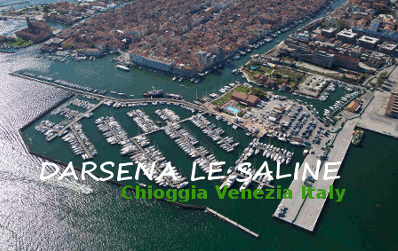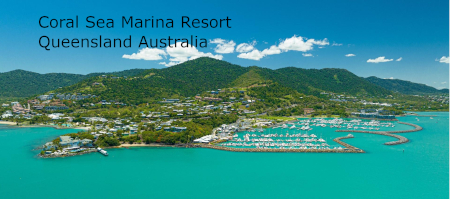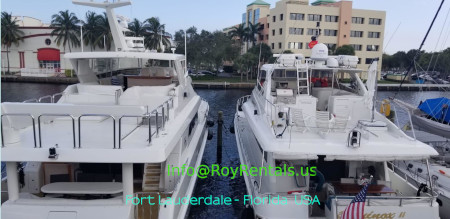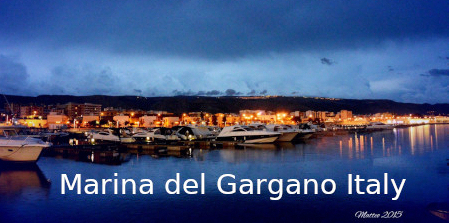Maritime & Coastguard Agency
MARINE GUIDANCE NOTEMGN 566(M+F)
07 February 2017
Standards of Training, Certification and Watchkeeping Convention STCW, 1978 as amended Manila Amendments: Medical Certification, Hours of Work and Alcohol Limits
Notice to all Shipowners, Employers, Ship masters and Seafarers
This notice should be read with MSN 1842(M) and replaces MGN 448(M), MGN 565 (M) and MGN 565 (M) Corrigendum.
Summary
This guidance note alerts ship owners, ship managers and ship masters that the STCW Convention has been amended. Most of the amendments affect training and certification requirements, and have been dealt with elsewhere, but this notice explains the changes as they relate to hours of rest and alcohol limits for seafarers.
Sections 1 and 2 do not apply to fishing vessels. Section 3 applies to all professional seafarers, including those on fishing vessels.
1. Background
- The International Convention on Standards of Training, Certification and Watchkeeping 1978, as amended (STCW), was further amended in June 2010
("the Manila amendments"). Most of the amendments deal with training and certification requirements, but there are also changes to:
- Regulation VIII/1, Code A-VIII/1 and B-VIII/1 Fitness for duty - hours of rest
- Regulation VIII/1, Code A-VIII/1 and B-VIII/1 Fitness for duty - alcohol limits
This MGN explains those changes as they apply to UK ships.
2. Hours of work and rest
- The current UK Merchant Shipping (Hours of Work) Regulations 2002 implemented the requirements of the ILO Convention on Seafarers' Hours of Work and the Manning of Ships, (ILO 180)1, which have been carried forward unchanged into the Maritime Labour Convention, 2006 (MLC). The Manila amendments (STCW Code - Regulation VIII/1 and Section A-VIII/1) therefore require no changes to the main provisions regarding minimum hours of rest in the Merchant Shipping (Hours of Work) Regulations 2002 ("the 2002 regulations").
- Following the provision in ILO 180/the MLC, regulation 5 of the 2002 regulations contains a provision for exceptions from the minimum hours of rest provisions to be authorised by the MCA. Such exceptions must be supported by a collective bargaining agreement or workforce agreement (paragraphs 5.2 - 5.3 of MSN 1842(M)).
- The Manila amendments to STCW Regulation VIII/1 and Code A-VIII/1 came into force on 1 January 2012. These place additional conditions on the types of exception that can be authorised.
- On UK ships, since the UK is a signatory to both STCW and to ILO 180, MCA will only consider exceptions which comply both with the requirements of the MLC (i.e. that they are subject to a workforce or collective agreement) and which comply with the limitations in the STCW Code, section A-VIII/1 - set out below.
- This MGN reminds ship owners, ship managers and ship masters that any existing authorised exceptions need to be reviewed, if this has not already been done, in order to ensure that they comply with the new conditions. The new conditions will be incorporated into consolidated Hours of Work Regulations later this year. Amendments to the terms of such exceptions may be required, and these must be subject to a fresh authorisation.
- Authorised exceptions shall, as far as possible, follow the standard minimum hours of rest, but may take account of more frequent or longer leave periods, or the granting of compensatory leave for watch keeping seafarers or seafarers working on board ships with short voyages.
- Weekly rest, Where an exception is approved:
- Seafarers must receive a minimum of 70 hours rest in any 7-day period;
- Exceptions from the normal weekly rest period (77 hours) shall not be allowed for more than two consecutive weeks;
- The intervals between two periods of exceptions on board shall not be less than twice the duration of the exception.
- Daily rest, Where an exception is approved:
- the 10 hours of rest required in any 24 hours period may be divided into no more than three periods, one of which shall be at least 6 hours in length and neither of the other two periods shall be less than one hour in length;
- the intervals between consecutive periods of rest shall not exceed 14 hours;
- Exceptions shall not extend beyond two 24-hour periods in any 7-day period.
- Exceptions shall, as far as possible, take into account the guidance regarding prevention of fatigue in section B-VIII/1.
- Where currently authorised exceptions do not comply with the above revised limits, they should be reviewed, in consultation with the relevant union or with the workforce as appropriate. If revised working patterns can be agreed which comply with the above limits, these may be authorised by Marine Offices.
- The authorised exception should be recorded in the employer's Declaration of Maritime Labour Compliance Part II.
- A provision in A-VIII/1.4 states that the minimum rest periods need not be maintained in the case of an emergency or in other overriding operational conditions.
- B-VIII/1 includes the following guidance on "Prevention of fatigue":
- In observing the rest period requirements, "overriding operational conditions" should be construed to mean only essential shipboard work which cannot be delayed for safety, security or environmental reasons or which could not reasonably have been anticipated at the commencement of the voyage.
- MCA interprets this to mean that a planned passage under pilotage or the additional work due to cargo operations during a scheduled port call - unless bad weather or unexpected port delays disrupt normal schedules to an unforeseen extent - cannot be considered to be "overriding operational conditions" which would justify a breach of minimum hours of rest.
STCW amendments: revised conditions for exceptions
Review of Exceptions
"Overriding operational conditions"
3. Change in alcohol limits for seafarers
- Any level of alcohol consumption by crew members on board a ship has implications for the safety of the vessel, the crew and any passengers. Even small quantities of alcohol have been shown to sufficiently impair judgment and increase the risk of accidents.
- It is an offence for a professional seafarer to be impaired by drink (or drugs) whilst on duty on board a ship or at any time on board a vessel if they might be required to undertake emergency duties to protect the safety of passengers.
- Among the Manila amendments were provisions introducing mandatory alcohol limits within STCW Regulation VIII/1 (Fitness for Duty) of 0.05% for blood and 0.25 mg/l for breath. The UK amended its existing alcohol limits, contained within the Railways and Transport Safety Act 2003, to bring them into line with the Manila amendments through the Merchant Shipping (Alcohol) (Prescribed Limits Amendment) Regulations 2015. These apply to professional mariners on all UK-flagged ships and to any ship operating in UK waters.
- The limits for alcohol in the blood prescribed in UK legislation are expressed differently and the table below sets out the STCW and UK limits in
both notations to show how they correspond. Ships operating internationally will need to ensure that they are aware of, and comply with, these limits.
| Limit | STCW Regulation VIII/1 | Railways and Transport Safety Act 2003 |
|---|---|---|
| Blood | 0.05% | 50 milligrammes in 100 millilitres |
| Breath | 0.25 milligrammes per litre | 25 microgrammes in 100 millilitres |
| Urine | N/A | 67 milligrammes in 100 millilitres |
- The Manila amendments also included a recommendation that all companies should consider the implementation of a clearly written policy of drug and alcohol abuse prevention including a prohibition on the consumption of alcohol four hours prior to serving as a member of a watch. Guidance on introducing such policies has been produced by the UK's National Maritime Occupational Health and Safety Committee.
More Information
Seafarer Safety and Health Branch (Hours of work only)
Maritime and Coastguard Agency,
Bay2/17 Spring Place, 105 Commercial Road, Southampton, SO15 1EG.
Tel : +44 (0) 203 8172498. e-mail: mlc@mcga.gov.uk
Alcohol limits
Maritime Safety and Environment Division
Department for Transport
Bay 2/33 Great Minster House
London SW1P 4DR
Tel: 020 7944 0082 .
Website Address: www.gov.uk/government/organisations/maritime-and-coastguard-agency .
General Inquiries: infoline@mcga.gov.uk
File Ref: MS 122/6/83
Published: February 2017
Please note that all addresses and telephone numbers are correct at time of publishing.
 Where Captains meet Dock Owners
Where Captains meet Dock Owners



